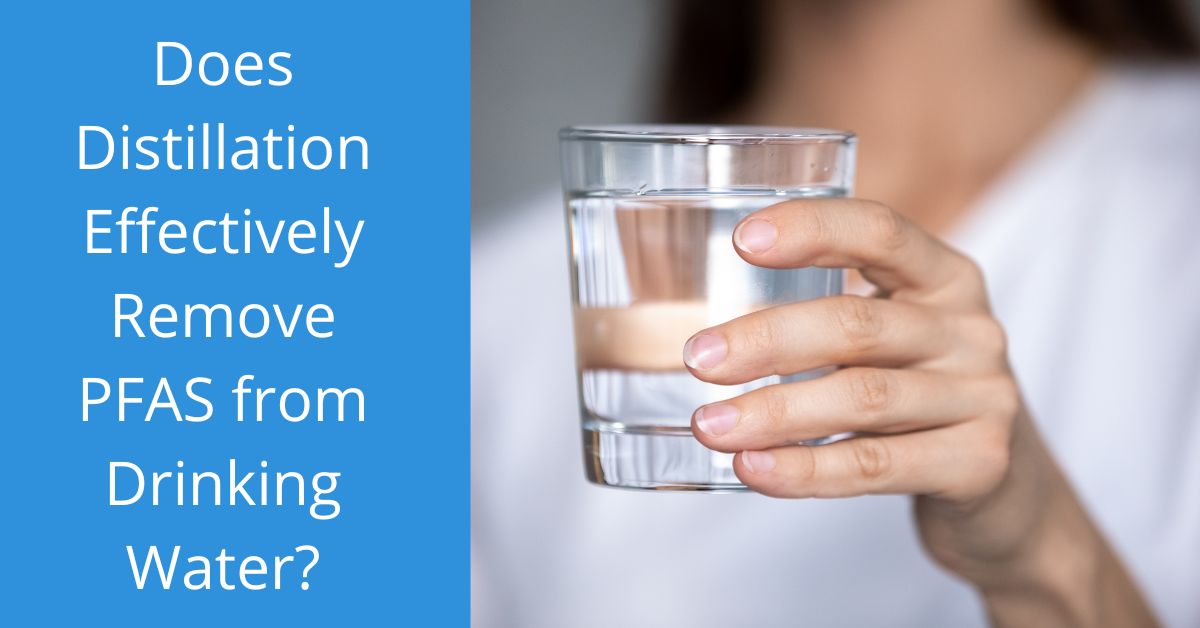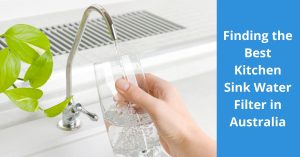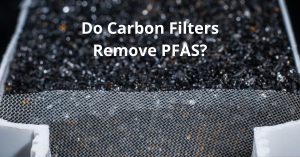PFAS (per- and polyfluoroalkyl substances) contamination in drinking water supplies is an emerging concern. These synthetic chemical compounds have been used for decades in products like non-stick pans, waterproof textiles, and food packaging. Their health impacts are still being studied. This raises the question: can water treatment methods like distillation eliminate PFAS?
What are PFAS and How Do They Contaminate Water?
PFAS are human-made chemicals that contain fluorine-carbon bonds, making them very stable and persistent in the environment. They can accumulate over time in water and human bodies. Major sources of PFAS water contamination include:
- Factory discharges and runoff from industrial sites that use PFAS.
- Leaching from landfills containing PFAS products.
- Firefighting foam is used for training at military bases and airports.
Potential Health Effects of PFAS
While research continues, possible health risks linked to PFAS exposure include:
- Hormone disruption and developmental effects
- Increased cholesterol levels
- Liver and kidney damage
- Immune system impacts
- Cancer risk
Minimising exposure to PFAS in drinking water is prudent. But which treatment methods are effective?
Effectiveness of Distillation for Removing PFAS
Fortunately, studies have shown distillation to be very effective at eliminating PFAS from water. PFAS compounds cannot evaporate and carry over with water vapour during the distillation process. The contaminants remain in the original chamber while pure steam condenses into distilled water free of PFAS.
Distillation also destroys the fluorine-carbon bonds that make PFAS so resistant to natural breakdown. The high heat tears PFAS compounds apart.
Other Filtration Methods
In addition to distillation units, other methods like reverse osmosis water filters, gravity water filters with activated carbon, and benchtop water purifiers also help reduce PFAS levels. However, distillation provides the most complete and reliable PFAS removal due to the separation of contaminants from steam and molecular decomposition.
With concerns over PFAS on the rise, water distillers offer peace of mind knowing this emerging contaminant is effectively removed from drinking water. Distillation provides some of the cleanest and purest home drinking water available.




